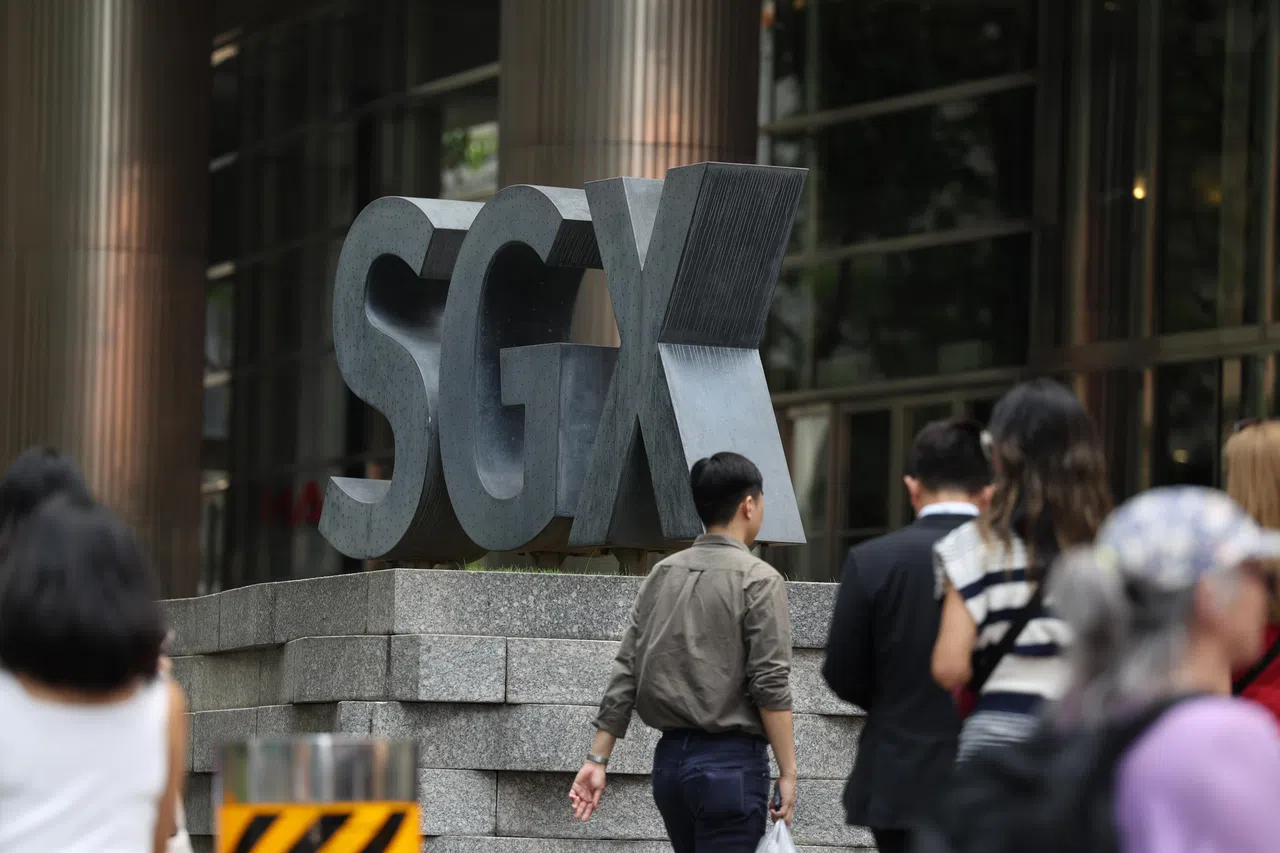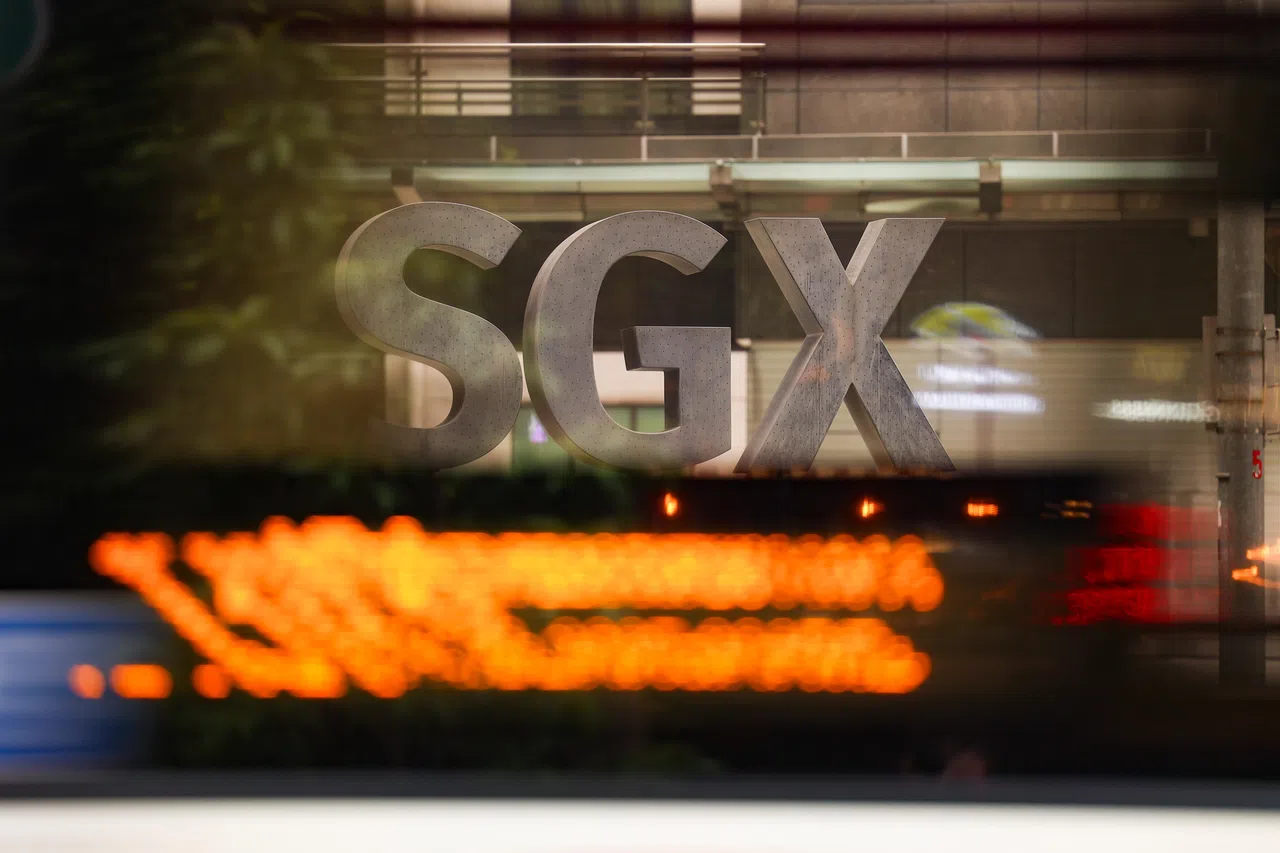WITH the market for initial public offerings (IPOs) showing signs of making a comeback in 2024, competition to capture new listings among major stock exchanges in Singapore, the United States, Hong Kong and London is expected to intensify in the months ahead, experts said.
“There will be a lot more competition for IPOs, and the Singapore Exchange (SGX) will have to work hard and think of innovative ways to attract good IPOs,” said OCBC’s managing director of investment strategy Vasu Menon.
The expected rivalry between major bourses to draw new listings comes at a time when the number of companies making it to market has dwindled over the past two years, as central banks aggressively raised interest rates.
Looking ahead, the big uncertainty hanging over IPO markets is the timing and quantum of the Federal Reserve’s rate cuts this year, Menon said.
“Investors are quietly worried that if inflation proves to be sticky, then the Fed may not even cut rates or cut rates only marginally – which could hurt riskier assets like stocks.”
Meanwhile, investors have become more risk-averse and discerning in what they buy, making it much harder for companies, especially smaller, lesser-known ones, to sell their shares to the public.
GET BT IN YOUR INBOX DAILY
Start and end each day with the latest news stories and analyses delivered straight to your inbox.
As a result, companies still keen to attempt a listing will compare the SGX with other major stock exchanges to see where they can get better investor reception, valuations and liquidity.
Tay Hwee Ling, disruptive events advisory leader for Deloitte South-east Asia and Singapore, said companies prefer to list on a market that has investors who know the firms well and can best support their growth strategy.
US bourses, for example, have been able to capture IPOs by firms involved in artificial intelligence (AI), an industry that has helped propel the S&P 500 index to record highs recently.
Reddit, which listed on the New York Stock Exchange in March, highlighted the opportunity to license the huge amounts of data generated on its platform to other businesses for use in large language models based on artificial technology, such as that which underpins ChatGPT.
The internet platform was able to price its IPO at the top of its targeted range of US$31 to US$34 per share, enabling it to raise US$748 million (S$1 billion).
Another firm that was able to price its IPO well was AI chipmaker Astera Labs, which listed on Nasdaq days before Reddit. Both companies saw their shares soar in the first few days of trading.
Professional services firm EY noted in an Apr 8 report that there has been significant growth in the number of AI and AI-associated businesses backed by venture capital. “This suggests there could be a surge in IPOs in future years as these companies mature in the private domain before making a public debut.”
But research manager Peggy Mak at brokerage Phillip Securities Research noted that tech and AI companies wanting to launch IPOs are likely to choose exchanges in the US, Hong Kong or London over Singapore.
One reason is the lack of variety in the industries in Singapore in which listed companies are involved.
“The Singapore market lacks companies that operate in the internet, software and communications segment. We cannot exactly name a listed company that is a direct beneficiary of AI. We have only a small video game art studio, Winking Studios, listed on the SGX.”
Instead, “we have a high concentration of asset-heavy companies on the SGX. These tend to deliver lower return on equity, and are less-attractive in a higher interest rate environment”.
This year, only one company has listed on the SGX so far – Singapore Institute of Advanced Medicine Holdings, a cancer-treatment provider, which raised around S$21.7 million in net proceeds.
Another Singapore firm, ride-hailing and carpooling firm Ryde, took its listing to the New York Stock Exchange, joining a growing number of Singapore-based tech companies tapping the US stock market for funds.
The SGX, however, is not the only bourse contending with a decline in IPOs. For the first three months of the year, the number of deals in mainland China and Hong Kong decreased by more than half, while deal size contracted by nearly two-thirds, according to EY.
In March, Chinese-owned Swiss agrichemicals and seeds group Syngenta withdrew its bid for a multibillion-dollar listing on the Shanghai Stock Exchange that had been postponed several times since it was first proposed in 2021, owing to unfavourable market conditions.
Chinese internet company Alibaba Group also cancelled the planned listing of its logistics arm, Cainiao Smart Logistics Network, citing challenging IPO market conditions as one of the reasons for the pullback.
London has also lost its appeal as an IPO destination, with companies raising just US$1 billion on the London Stock Exchange in 2023, the least since 2009.
Some experts reckon the local bourse will eventually come to a level playing field with its international peers.
Said SGX chief executive Loh Boon Chye: “In this new environment where interest rates are normalising, astute investors with wider investment choices will look for quality companies, which SGX’s international capital-raising platform is well poised to support.”
He added that as the economy continues to grow, “many more companies will consider (listing) or eventually come to list here over the medium to long term”.
It could be just a matter of time before a listing for a company, noted Tay of Deloitte, who added that “there is a wealth of high-calibre local companies with excellent fundamentals and sound business models in Singapore”.
“With various private fund-raising opportunities available locally, these companies are able to hold off tapping the Singapore equity capital markets until the right window for an IPO.”
KPMG Singapore’s partner and head of deal advisory Stephen Bates noted that with more IPOs in regional emerging markets such as Indonesia coming up, Singapore also stands to gain should these companies seek dual listings outside their domestic market. THE STRAITS TIMES




